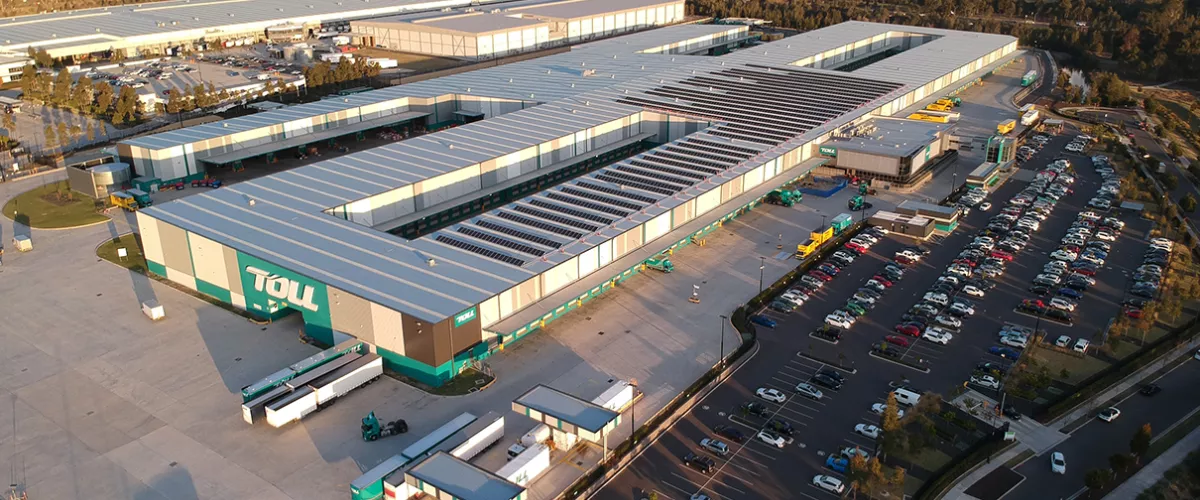About
Planet: Reducing environmental footprint

The logistics and transport industry accounts for approximately 30% of global carbon emissions, making it the largest emitting sector in many regions. As a global logistics and transport business, we recognise our important responsibility to reduce our impact on the environment.
Decarbonisation and climate action
We are committed to achieving net zero emissions by 2050 and are developing a mid-term decarbonization roadmap and near-term targets aligned with Science-Based Targets (SBT). By 2030, we aim to transition all our properties to 100% renewable electricity through solar installations and power purchase agreements, with solar projects already underway in key locations.
A significant part of our strategy is a $67 million investment in 28 electric heavy vehicles and 30 charging ports, supported by $9 million in funding from ARENA. This project will make us the largest operator of battery electric heavy vehicles in Australia’s third-party logistics sector and expected to cut 1,810 tonnes of CO2 annually.
We are also renewing our fleet in Australia with $200 million invested in more fuel-efficient vehicles, improving emissions by 5 to 10%. Alongside hydrogen truck initiatives and green driving training programs, we are driving the transition to more sustainable transport solutions.
Other efforts include promoting sustainable practices in our supply chain by encouraging subcontractors to adopt newer, more efficient fleet and/or electric vehicles where possible.
Resource efficiency and waste management
Efficient resource use and waste management are essential for reducing our environmental impact, and we are at the beginning of this journey with a commitment to continuous improvement.
Our Circular Economy Initiatives, such as the Green Loop Project, are piloting waste reduction strategies that promote recycling and material reuse. For example, we have introduced reusable and thinner shrink wrap at several sites to cut down on plastic waste.
We are also focused on reducing fuel use by upgrading to newer fleet, introducing higher productivity fleet and implementing other emissions-reducing technologies.
While there is much more to be done, these initial actions reflect our dedication to improving resource efficiency and supporting a circular economy. Our approach goes beyond initiative; we aim to engage and educate our people to foster a culture of sustainability. By raising awareness and empowering employees to take action every day, we integrate resource management and waste reduction into our daily routines. This shared commitment helps us build a stronger foundation for long-term environmental responsibility.